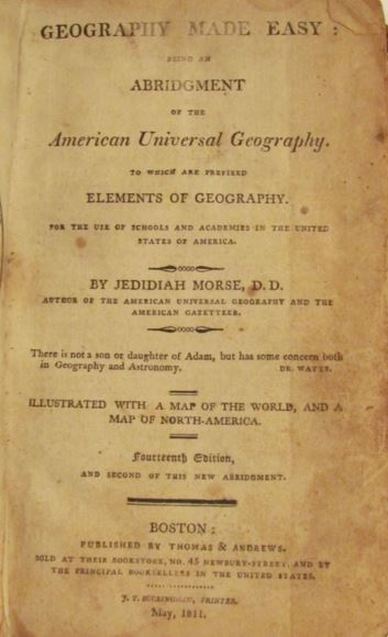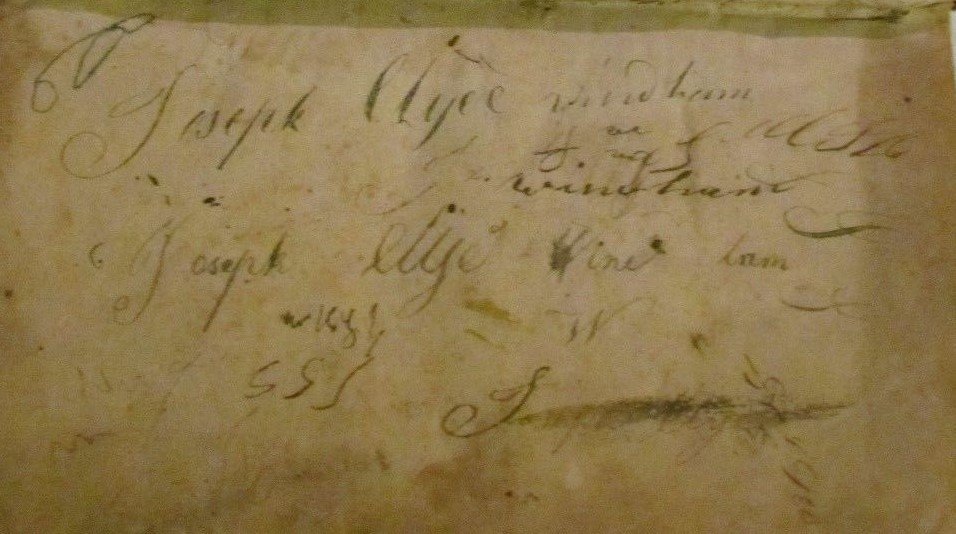The early Scotch settlers of Windham have been noted for their "love of intelligence", and schools were established shortly the first dwellings were constructed. Even though the first settlers were quite poor, they dedicated as much time to education as they could. It was not until 1727 that there was action taken to establish a grammar school in Nutfield. It was decided that for one year there would be no grammar school, on the contingency that two schools would be funded in the following year. Although there were as many as four schools in Londonderry in the 1720s, there is no record of a school being established in the town of Windham until 1766. John Aiken ran a singing school in town that year, and also taught reading in the eastern part of town. Also around that time, a former British soldier, Nicholas Sauce, was schoolmaster for four years in District No. 1. Sauce is recorded as being a "cruel teacher", for bringing the discipline of the British army into the classroom. With the possibility of a violent whipping impressed upon the minds of his students, the children would "tremble" each time they entered the classroom. Those who were often the subjects of the whipping began to place pieces of animal hide under their clothing to protect themselves. However, Sauce was an effective teacher, and greatly "advanced [his students] in their studies".
Some families educated their children through "family schools". An educated parent or an older child would serve as a teacher for the younger children. The family of Captain Nathaniel Hemphill educated the younger generations through such a system. With a total of eighteen children the "school" educated as many students as some of the early schoolhouses. In a rural community where learned schoolmasters were often lacking, schoolbooks played a significant role in education.

